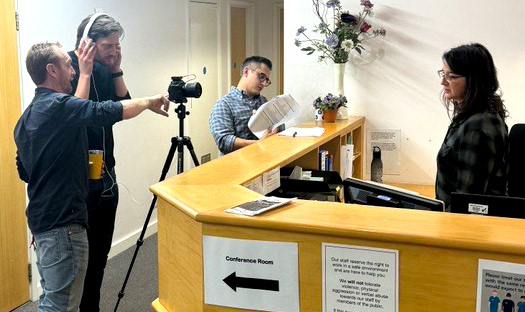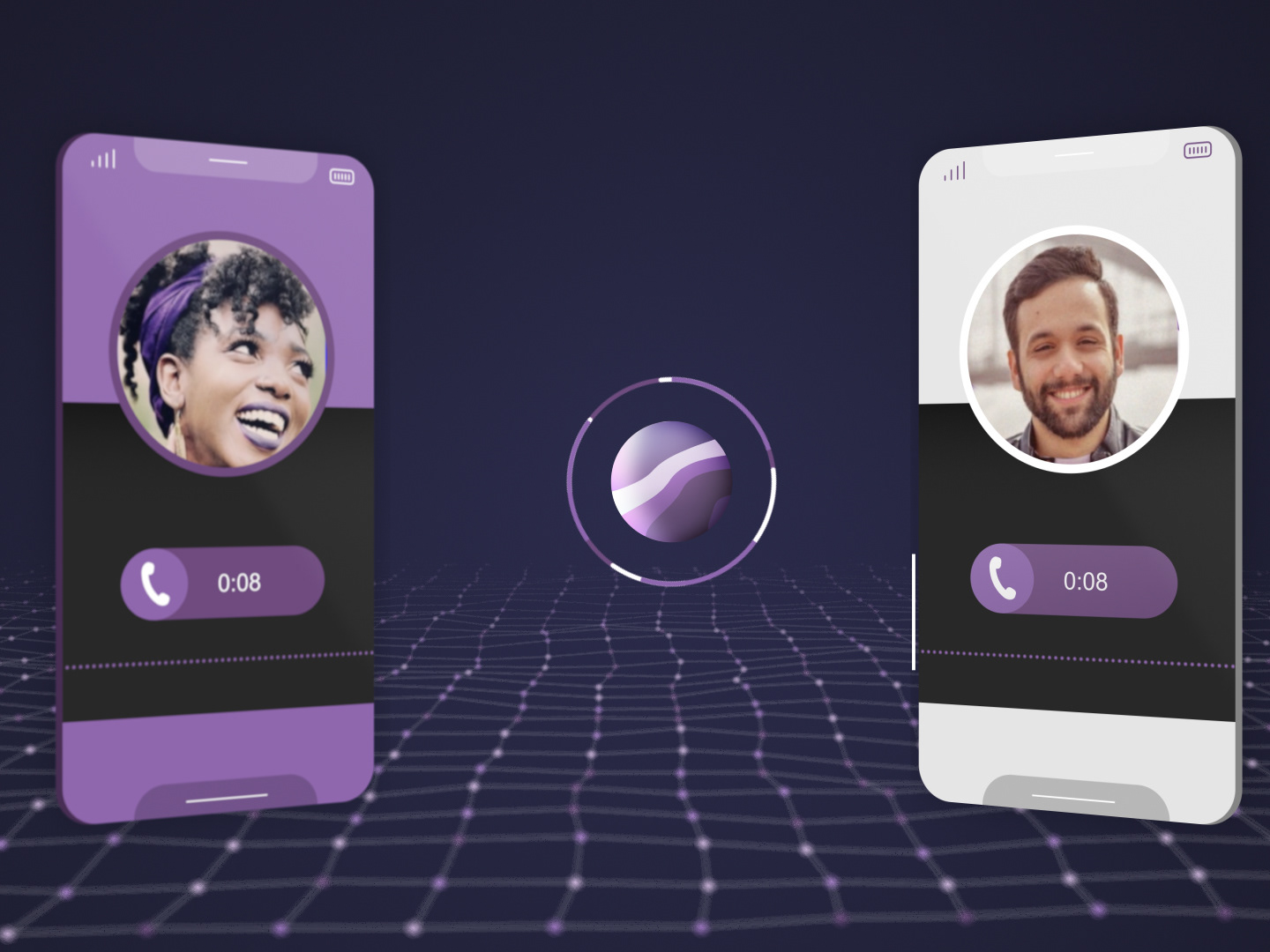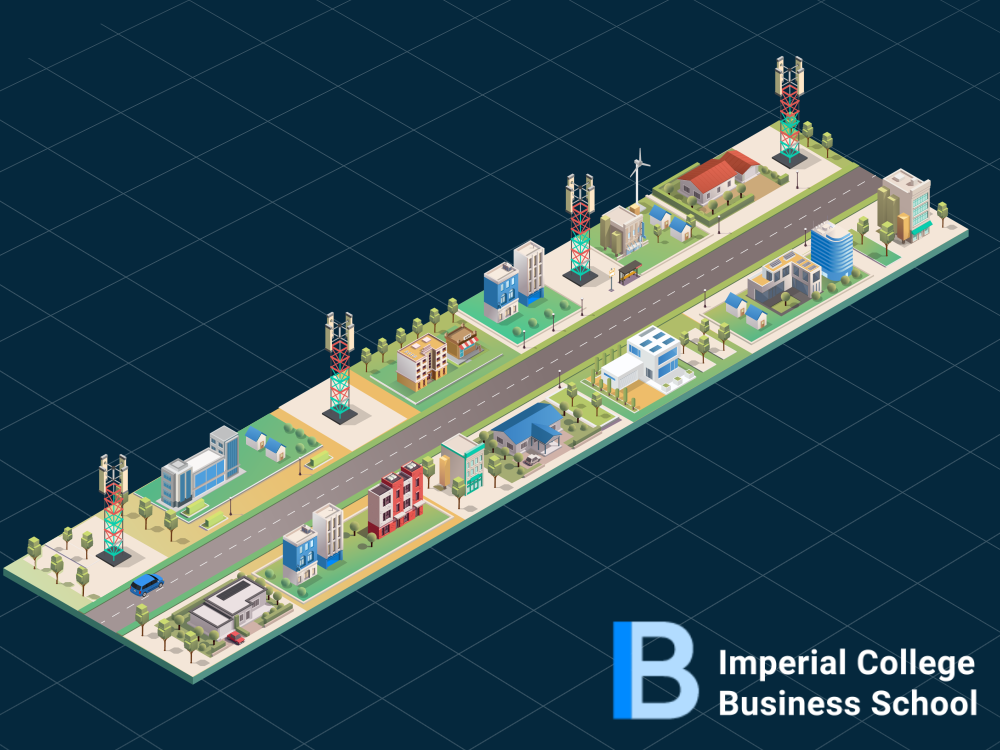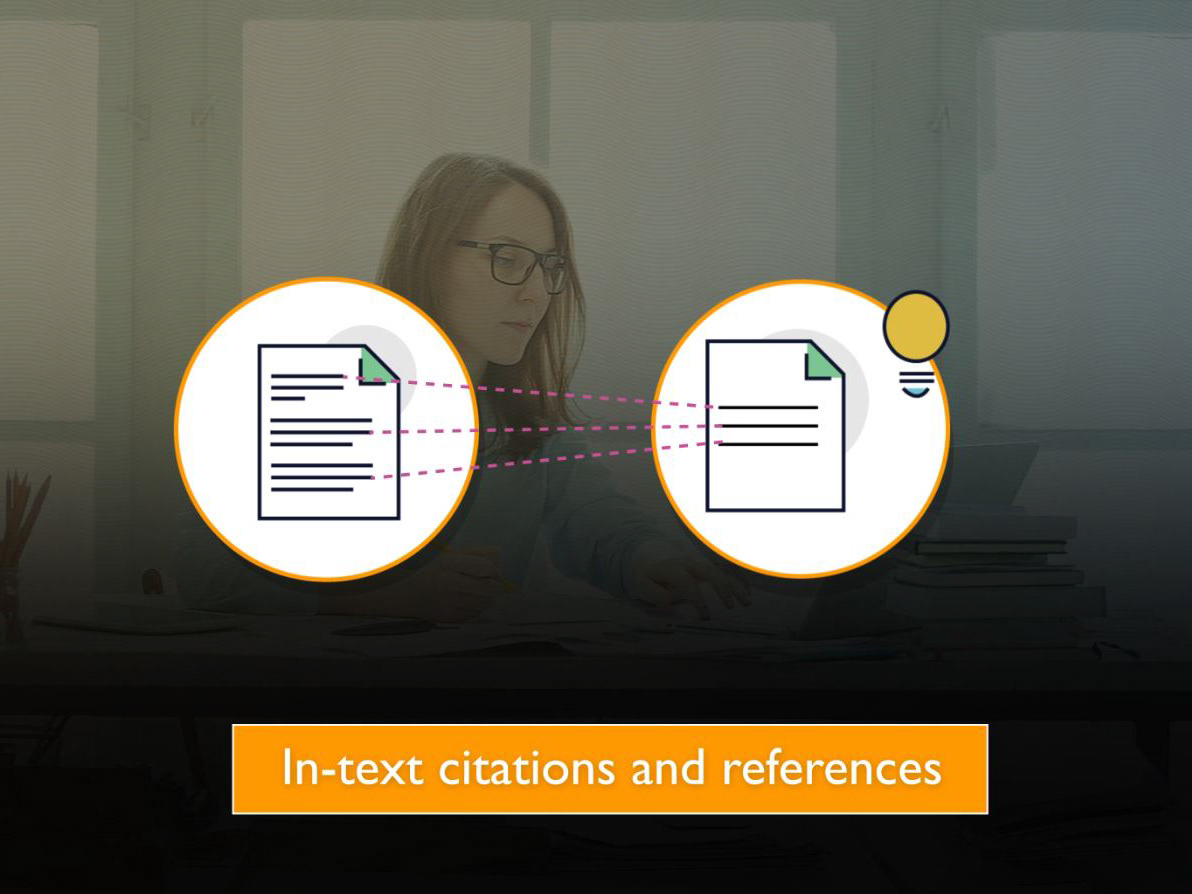As part of the Empowering eLearning Plan at IKON Training, I worked on the development of immersive learning experiences. This innovative approach involved trying to use advanced technologies such as Virtual Reality (VR) and Augmented Reality (AR) to create engaging, interactive, and impactful learning environments. By integrating these technologies, we aimed to enhance learner engagement and retention, while also providing realistic training scenarios to practice vital skills in a safe environment.
The rationale behind this project stemmed from the recognition that traditional learning methods, especially in mandatory training, could benefit from the increased engagement and realism offered by immersive technologies. According to literature in the field, VR technologies have been proven to provide experiential learning opportunities, offering learners a chance to apply theoretical knowledge in practical, controlled settings. This aligns with Kolb's Experiential Learning Cycle, where immersive simulations facilitate the concrete experience and reflective observation phases of learning.
The rationale behind this project stemmed from the recognition that traditional learning methods, especially in mandatory training, could benefit from the increased engagement and realism offered by immersive technologies. According to literature in the field, VR technologies have been proven to provide experiential learning opportunities, offering learners a chance to apply theoretical knowledge in practical, controlled settings. This aligns with Kolb's Experiential Learning Cycle, where immersive simulations facilitate the concrete experience and reflective observation phases of learning.
Scenario-Based Learning (SBL) and Future Developments
One of the key developments enabled by the integration of immersive technologies has been the use of Scenario-Based Learning (SBL). This pedagogical approach places learners in realistic situations, allowing them to apply knowledge and skills in a context that mirrors real-life challenges. SBL is particularly valuable in high-stakes fields like healthcare, emergency response, and social care, where learners benefit from practicing decision-making in controlled yet realistic environments.
Please see the VR scenario for Conflict Resolution Training (CRT) delivered to NHS staff and social care workers. It uses 5 Steps Appeal and LEAPS model to handle different situations faced by the staff.
I worked on designing and delivering the course where I collaborated with trainers and focussed on the Learning outcomes.
We collaborated with RevolveXR labs to help us with 360 filming, editing and compositing
I worked on designing and delivering the course where I collaborated with trainers and focussed on the Learning outcomes.
We collaborated with RevolveXR labs to help us with 360 filming, editing and compositing












